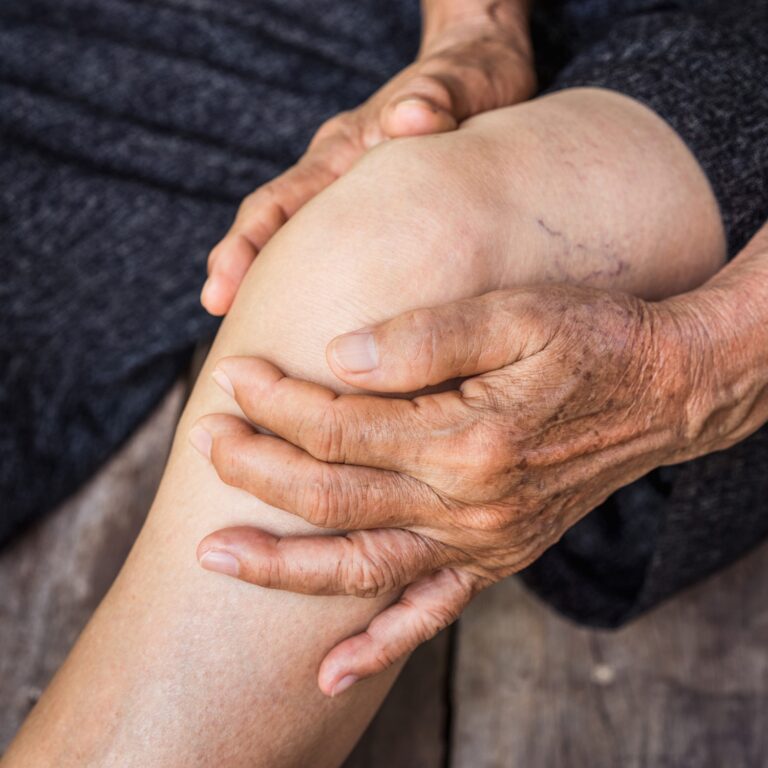Glucosamine and chondroitin are substances present in cartilage. Both are produced naturally by the body. They are also available in the form of dietary supplements. Researchers have studied their effects, individually or in combination, in people with osteoarthritis.
Studies of glucosamine for knee osteoarthritis pain have yielded conflicting results. Some, including a major study sponsored by the National Institutes of Health (NIH), found little or no evidence that glucosamine can relieve pain, but several other studies have indicated that it is possible. Studies of chondroitin for knee osteoarthritis pain have shown inconsistent results, but in general, the largest and highest quality studies have shown no effect. There is not enough evidence to show whether glucosamine or chondroitin reduces osteoarthritis pain in other joints.
A few studies have examined whether glucosamine, chondroitin, or their combination may have beneficial effects on joint structure in people with osteoarthritis. Some, but not all, of these studies have found evidence that chondroitin or a glucosamine/chondroitin combination might help, but the improvements seen in most studies may be too small to make a difference for patients. There is little evidence that glucosamine alone has beneficial effects on joint structure.
Glucosamine and chondroitin supplements may interact with warfarin (Coumadin), an anticoagulant (blood thinner) medication. Overall, studies have shown no other serious side effects.
